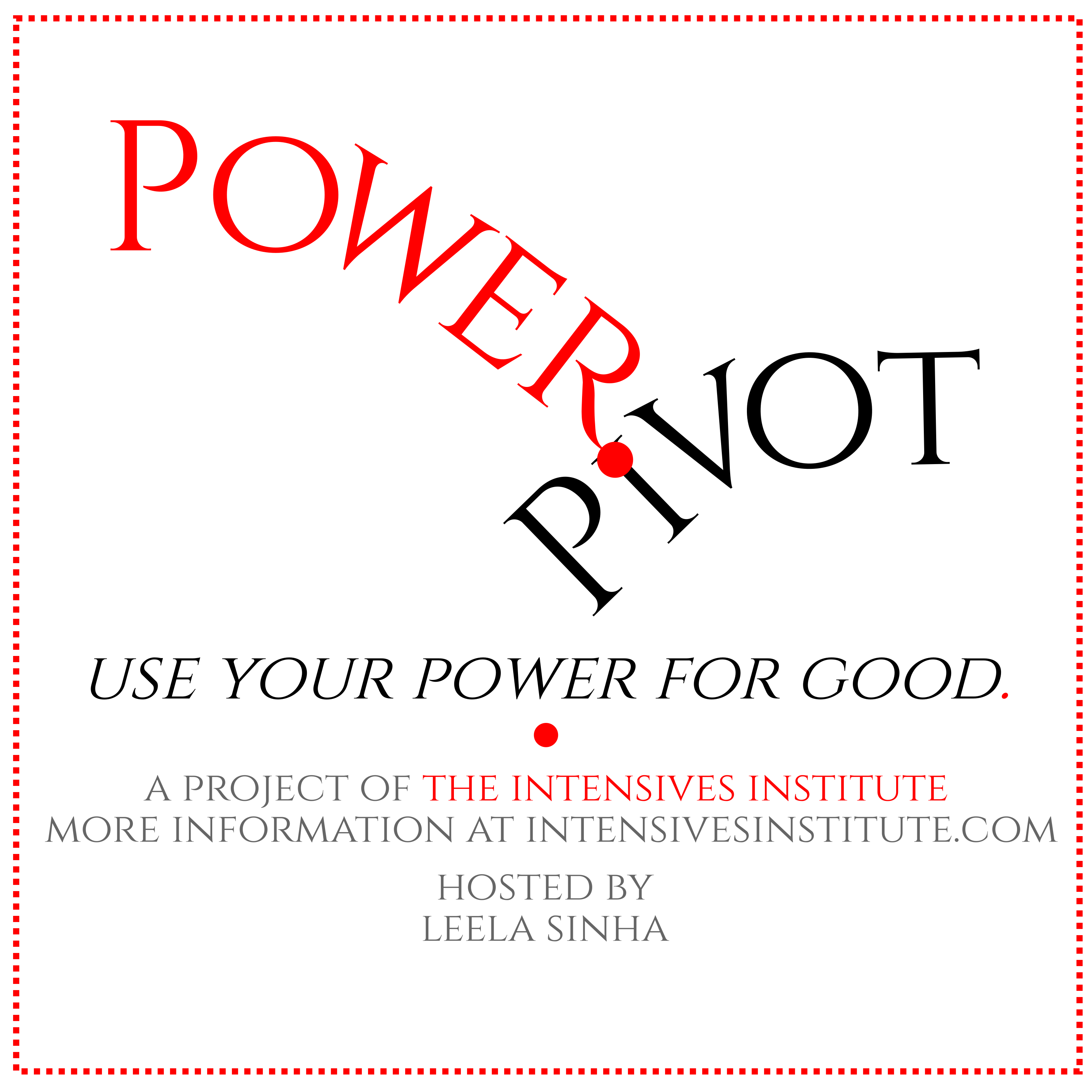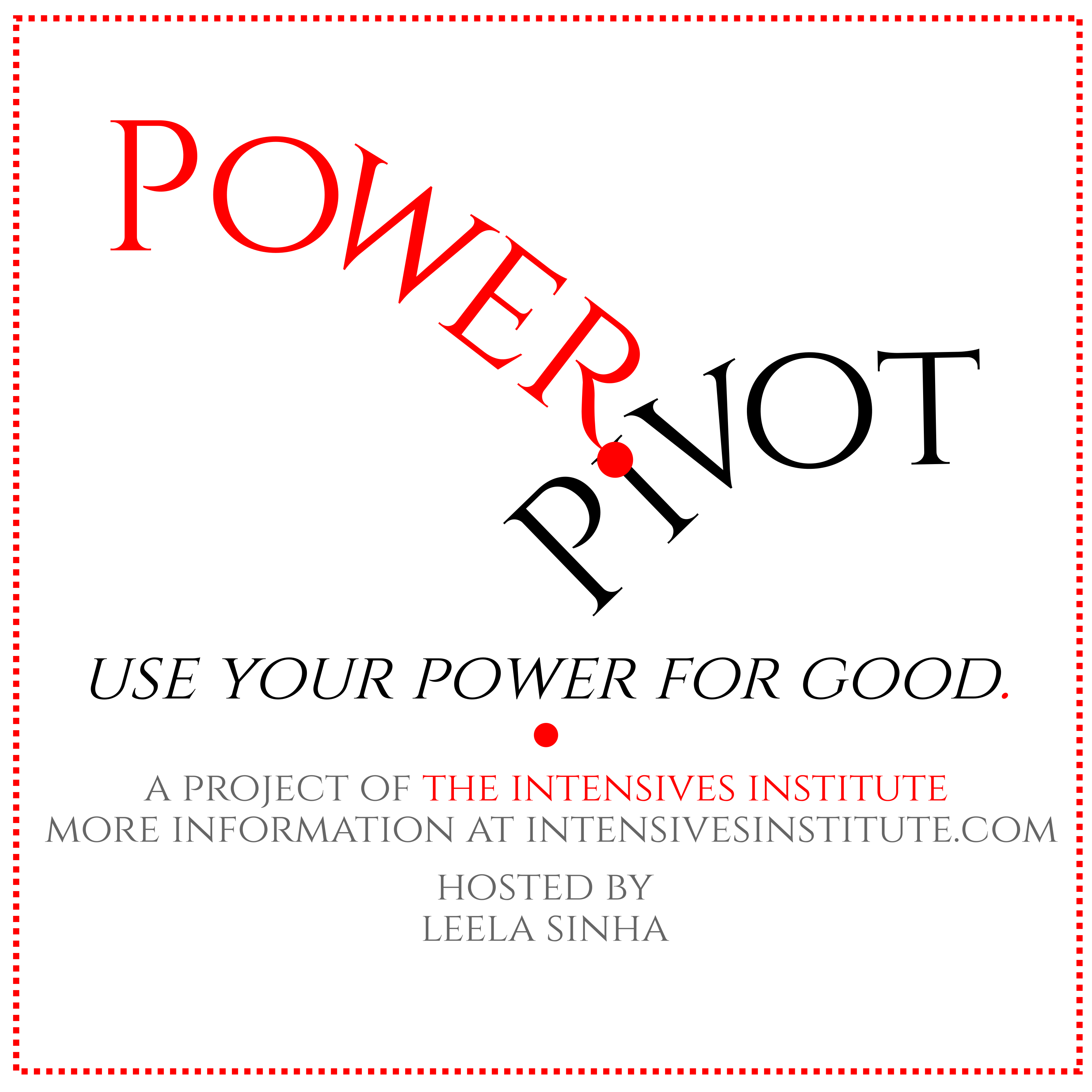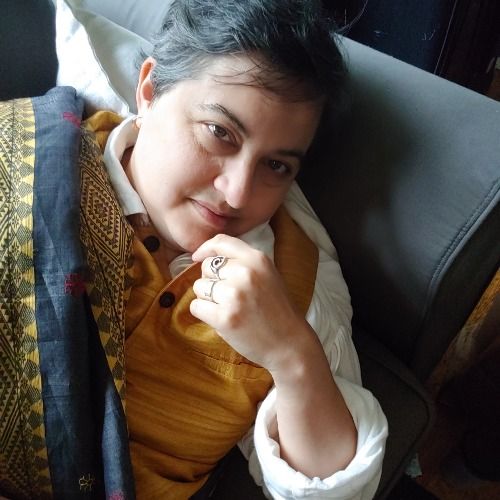Episode 76
know it is not ok
"what I've noticed about myself is that, I have to realize that I would like it to be different ,that something bugs me. I have to realize that something doesn't feel okay before I can change it."
Transcript and notes:
https://dev.intensivesinstitute.com/captivate-podcast/know-it-is-not-okay
Recorded 15 February 2023.
Transcript
Hi, everyone, thanks for tuning in.
I'm having- I'm having a lot of thoughts today. Which is great, because for a while my brain wasn't willing to have a lot of thoughts, and that was harder. But I'm having a lot of thoughts today. And, and what I'm thinking about, I went for a walk this morning. And I was noticing the yards in my new neighborhood. In my old neighborhood, there were kind of two kinds of yards.
There were the ones that were just kind of plain grass or whatever. And then there were the ones that people had clearly gone to some trouble to plant some things in. And they were beautiful and lush. And maybe they were food gardens, or maybe they were hummingbird gardens or bee gardens. But you could tell that someone had put a lot of time and energy into making them beautiful. But even the ones that hadn't been deliberately made beautiful, were kept tidy.
It was partially the culture of the neighborhood in Berkeley where I lived and partially probably a result of the fact that the lots were small. The default lot size in Berkeley, like the normal smallest lot in Berkeley, is half the size of the normal smallest lot here in Portland. So people didn't have as much space. So you kind of had to keep it tidier in order to be able to use anything at all of your yard.
And Berkeley is Berkeley. Like things bloom if you breathe on them. Things bloom if you don't breathe on them. You can ignore things and things will grow. Even in the dry season, because Berkeley is a microclimate that has these damp areas that just retains a tiny bit more water than some of the communities around it. And also, and also, there are desert plants planted side by side with not-quite-so-deserty plants. So if it's raining, there's one set of things that's happy. And if it's not raining, there's another set of things that's happy.
In any case, that's basically the two kinds of yards that there were in Berkeley. But there's a third kind of yard, that's- I think if it is more of like a utility use of the yard. It's like that pickup truck that clearly gets used for pickup truck things. It's got mud splashed on it, it's got a bunch of old stuff in the bottom of the bed that probably needs to be like put away but there's not really a place right now. So it's just riding around in the truck bed underneath the lumber that they picked up yesterday, and the pieces for the fence that they're going to put in tomorrow. Like that kind of use of a truck.
And then the front seat has a bunch of wrappers because that was that one long day when you basically had to live off of vending machine food. And you were out all day and, then you got home and you're way too tired to clean out your truck. Like that kind of truck. Only it's a yard. And and it feels more like rural. It feels more like the places I've lived where people were farming, or people were at least using their spaces for subsistence. It's not as tidy- people don't walk around and pick up sticks. Usually, unless they're in the way unless they're gonna gum up a piece of machinery. You know, if a few leaves are loose here and there, it's not a big deal.
Sure you might rake when it's fall, and everything has dumped its leaves. But that's mostly only because you don't want whatever the leaves fell on to die entirely under the leaf layer, which it will do. Which it will do.
So that third kind of yard was missing in Berkeley and I didn't really think about its absence when I was there. But it sort of made sense because of the particular neighborhood I was in and the character of the way that people were using their spaces and the needs of the people that were there. But this neighborhood, this neighborhood has them. This neighborhood has three kinds of yards: the kinds of yards that have been decorated, the kinds of yards that have been left unadorned but are fine... just boring.
And honestly the house I live in now is kind of like that. My landlord hasn't done anything fancy to the front. The backyard is a little different. There are these funny little two foot round raised beds dotted across the yard. And so right now it looks pretty ragged, but but it's right on that edge of like maybe this is a farm yard and and not a decorative yard. Maybe this is a farm truck and not a Hummer that I bought to show off to my city friends. And that's okay. Like that's a way that yards are and here there are lots of kinds of those yards.
But what I'm noticing about myself as I take ownership of the yard for the first time, in a long time- not "ownership" ownership, we don't own the house. But as I take ownership of the care of this yard for the first time in a long time, what I've noticed about myself is that I have to realize that I would like it to be different that something bugs me, I have to realize that something doesn't feel okay before I can change it. And it's like how I learned to tidy my spaces. Which honestly, I still do in bursts. Because I'm an intensive, and that's how we do things, in bursts.
So I tidy my spaces in bursts. But I also do this in bursts. I have to look at the yard for a while. I have to live in the yard for a while. I have to sit and stare at it and pull out a chair or find a way to sit comfortably on the ground, and just stare at it for a while before I realize that I would like to rake up those leaves. Or that I'd like to put away that bamboo or, or that I think that those rain barrels would be better off vertical rather than horizontal, like they were when we got here.
And so I spend a few minutes doing that. And then that leads to the next thing. And the next thing I don't- I don't plan for beauty very well.
My parents' yard where I grew up, was beautiful, and maintained but also a little bit wild. My mom especially loves forests. And so the first thing they did when they moved in was planted a bunch of trees, some of which survived, some of which didn't. And delighted in the trees that were there, some of which have survived and some of which had to come down. Including some of them, which really influenced the yard.
When I was a kid there was an ash in the middle of the backyard. That in addition to making the whole yard feel protected, and shaded and beautiful, also had this huge root that reached across toward another tree. And the two of them together, with these roots that reach toward each other, formed a perfect sledding bump in the middle of the downhill that was the backyard.
And so in the winter when it snowed in Connecticut- a long time ago- I would drag my little sled up to the top of the hill and go down and there was this little jump formed by the tree roots. That ash had to come down years and years ago. And there was this enormous maple so big around, I couldn't possibly have gotten my arms around it. And it went up and up and up. From the lower yard- we had a two-height yard. A yard that had an upper yard and a lower yard and a retaining wall between them.
And so the lower yard was pretty much a full story lower than the rest of the house. And this maple tree went up past that basement-essentially-level, up past the first story, up past the second story and reached out over over the house. I loved that maple so much. And it had to come down. It was rotten in the middle eventually and it wasn't safe eventually and it had to come down eventually. And all of us mourned it. It was so sad to lose that tree.
So when I say that my parents yard was tended it was tended but not in the way of rose bushes and topiaries. It was tended in the way of ground that was supposed to kind of feel like a forest floor. Ground covers and grass mixed and pads and stones and enormous trees and young trees all mixed. All mixed. It was a little like living on the edge of a forest. Only the rest of the forest didn't materialize. It was adjacent to the gas pipeline and after that to the school property and and it really was the suburbs. But it felt like something else. It felt like something else. It felt like if you could only squint your eyes a little more, you would be in Fairyland.
And when I first started out I had an upstairs bedroom. I later moved downstairs. But the upstairs bedroom had a dogwood that leaned into its windows. I was friends with the trees in the yard, long before the second grade project where I had to document like I don't know how many different kinds of trees. And I just went out in the yard. Shagbark hickory, ash, several different kinds of evergreens.Maple, red oak, white oak. Sassafras tree with its mitten-shaped leaves.
So I never really learned yard maintenance in the usual way. Because we didn't do that. If my father ever edged the lawn, I don't know about it. He used an electric mower for the longest possible time before he finally had to give that up and move to a gas mower.
But when I was youngest, he mowed the entire lawn, hill and all, with a push mower. The kind with rotary blades that go when you push it and stop when you stop. That kind actually cuts the grass instead of bludgeoning it to death. And is better for your grass, I found out much later. But I also found out how even your land needs to be to make those work usually. And so as I look at this yard and think about its maintenance, I do know that I'm probably going to need a mower and that the mower is probably going to need to be powered. That I'm not going to be able to use a reel mower even if I want to.
That's R-E-E-L. Because a reel mower doesn't work on the land that we have here. It's too bumpy. But all this to say that I have to know first, we have to know first, that something is not okay. Before we can decide to change it. And I don't mean not okay, objectively, necessarily. What I mean is not okay for us. And this is, and is not, a metaphor. It needs to be not okay, in a way that we can perceive it's not-okayness. And we have to have a reason for it to not be okay. And that could be one of a million different things.
But we have to recognize that it bothers us, we have to recognize that it's not working for us, we have to recognize that not everybody is walking around with a pebble in their shoe. We have to recognize that that's not how love works, we have to recognize that the way we've been treated all our lives is not actually with respect.
We have to recognize that what they told us to expect is not actually right. That we should expect more for ourselves and more from others. We have to recognize that there's a difference for us- for me- between having a farm-type yard or a farm-type vehicle that's being used, that's in use. There's a reason that things are like that.
And having things feel disarrayed in a way that is unsettling or disrespectful to the things or to the animals or to the land. And sometimes it takes a minute.
When I was a kid, I kept my bedroom really messy all the time. And by really messy, I mean like a foot of stuff as a carpet on the floor. I knew how to walk through it. I knew how to maneuver. I could find things most of the time that I was looking for. I have a much harder time finding things now that I try to put them away.
But the reason I started putting things away was because the foot deep layer of stuff no longer served me. And it no longer served me because I was no longer trying to protect myself. Rather, I was, but I didn't need to. And so slowly, I got in the habit of trying to put things away.
I also recognized that I take up more space than I had available to me in that room. I have too many interests. And none of my stuff had a place in the house outside my room. And so when I moved in with housemates, with roommates, I continued to live like that. With all of my stuff in one room. Every interest, everything, had to fit into one ten-by-twelve, or fifteen by thirteen, or whatever space. I'm an intensive. There is no way all of me, all of my stuff, all of my interests, even reasonably acquired, will fit into one space like that. You'd have to turn the entire room into a storage unit or a filing unit.
Like, it would have to be like living in a file cabinet. And those chaotic randomized possibilities that makes such a difference would never happen. Also, it just doesn't fit. I could easily fill several bedrooms with the stuff from the stuff from the things that I already do, the arts that I already pursue. And then they're the ones that I haven't really picked up yet. But I had to recognize that I wanted everything to have a place, and that I could have everything have a place. In order to move anywhere near it, I still have a lot of chaos around me.
But it's mostly because stuff is waiting for a place when I have enough space. When everything does have a place that makes sense that's orderly that's easy to access. I will do it, which surprised me because I didn't think I was a tidy person. Turns out I'm a tidy person with too much stuff for the spaces I've had.
Turns out, I deserve to be loved too, didn't know that one either.
We have to know. We have to recognize that it's not okay, before we change it. Before we reach for something different, something better. Now I'm sitting in my office, which is still mostly chaos. Mostly because I'm mostly waiting for some furniture that will make it less chaotic. And once the desk gets here, I'll be able to figure out what else I need.
Originally, the desk was going to go in a room that had windows that came down to my knees. I no longer live in that apartment. I've been waiting for this desk a long time. But because it's no longer going in front of a window, probably, and if it does go in front of a window the window it's going in front of is quite high. Shoulder-height for me. Maybe I will use a hutch because I love those little pigeon holes where everything can have a spot. Everything, everything can have its own spot. Nothing shares a spot. That's so great. I didn't know I was that person. I didn't know that I wanted that.
I didn't know that the chaos of having three different kinds of pens in one cup was difficult or annoying. Until I did. Until I noticed it. Until it became not okay for me because I had the space for it to be something else.
We have to recognize that it's not okay for us. And then... then we know what to change. And then we know how. Because we're intensives. And once we have the problem in our crosshairs, all the doors open up at once.
And sometimes it hurts. But we need those doors open more than anything.
Thanks for tuning in. Talk to you soon.


